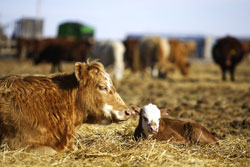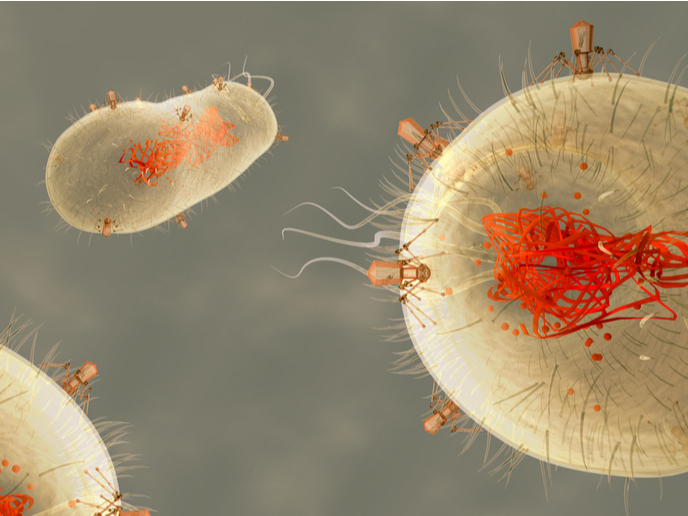Improving ruminant diets
The EC-funded RUMEN-UP project focused on the development of new plants and plant extracts that would reduce lactic acidosis, bloating, methane production and nitrogen secretions. The overall aim was to improve animal welfare and also protect the environment. Under normal conditions, nitrogen is retained poorly by the digestive tract of ruminants and it is excreted via the urinary tract. The low rates of nitrogen retention have shown to be a financial loss as well as a cause of stress for the animal and a source of environmental pollution. Therefore decreasing the rate of protein breakdown to ammonia could be of great value to different stakeholders. The way to reduce this proteolysis process could be via the ingestion of appropriate plant materials, containing natural proteolytic inhibitors. These plants and extracts include plant materials from Helianthemum canum, Arctostaphylos uva-ursi, Epilobium montanum, Knautia arvensis and Peltiphyllum peltatum. It is therefore possible to modify the long-term metabolic status of ruminants by replacing chemical additives with plant extracts, thereby improving their environmental record and improving animal welfare. These results could be of value to biotechnology companies involved in animal nutrition as well academic institutions with similar research projects.







